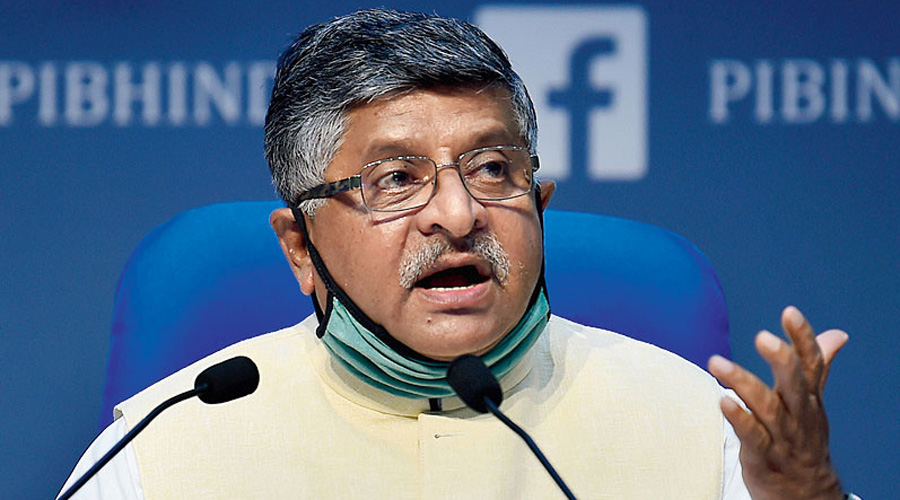Correctness can sometimes seem indefinably askew. The Union minister for law, Ravi Shankar Prasad, did not deviate from Para 3 of the Constitution (Scheduled Castes) Order, 1950 when he said in the Rajya Sabha that Dalits who have converted to Islam or Christianity cannot get reservation benefits for scheduled castes or contest in elections for a reserved SC seat. Mr Prasad mentioned that conversion to Buddhism and Sikhism would not have the same effect, as the order exempts these faiths. Perhaps an atmosphere haunted by fears of discrimination made the law minister’s statement sound pointedly exclusionary. The emphasis on the Constitution Order almost seemed to suggest that discrimination need not be unconstitutional.
This discomfort, however, is not entirely unreasonable. While caste does not exist in Islam or Christianity — so too in Sikhism and Buddhism — Indian realities demand a different perception. Castes are markers of traditional professions. The continuation of these, scavenging say, or the work of barbers and butchers, is common among groups that find social mobility elusive, having been historically oppressed. Conversion does not mean a change of job. So reservations for other backward classes in many states — Kerala and Karnataka for example — include members from religious groups barred by the 1950 order. The Sachar Committee Report showed that of three strata in Muslim society, the most oppressed stratum, associated with the so-called ‘unclean’ professions, needs the kind of attention given to the SCs. But its members are grouped with the better-off second stratum, equivalent to OBCs and, in some cases, do get OBC benefits, or are included in the most backward classes category. The crux of Mr Prasad’s statement is the term, ‘Dalit’. This was a self-identifying term for anyone outside the four main castes used in caste-based politics. While B.R. Ambedkar applied it to all depressed groups irrespective of caste, the Indian government identified it with SCs while prohibiting its use in official documentation. That the law minister should use it officially is confusing. But the greatest confusion around reservations is caused by the use political parties continue to make of the principle purely for electoral gain. Quotas for underprivileged classes and castes should be guided by need and record of progress; they are not meant as a political strategy designed to keep people dependent on the government.











